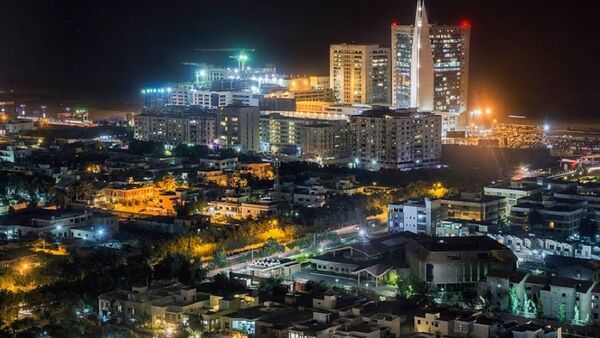The report comes at a time when Pakistan is facing a series of terror attacks, including the latest Islamic State suicide bombing at a Sufi shrine (Islamic mysticism) near Karachi, which has reportedly killed over 75 people.
The ICG report says terrorist groups like Lashkar-e-Taiba, its parent organisation Jamaat-ud-Dawa, Maulana Masood Azhar led Jaish-e-Mohammad and anti-Shia group Lashkar-e-Jhangvi have "umbilical links with Karachi's large, well-resourced madrassas".
It says Pakistan's most dangerous groups actively contest Karachi's turf and resources. These outfits operate madrassas (Islamic seminaries) and organize charity events or institutions to fund their operations with no hindrance from Pakistani law enforcement authorities.
Pakistan Rangers have spared many areas in Karachi and its outskirts of the city, known as the redoubts of "good" jihadists like LeT-JuD and Jaish-e-Mohammed.
Quoting many elected representatives, senior officials, journalists, civil society activists and sources from the ground, the ICG report states that many jihadist masterminds who had fled Karachi by September 2013, anticipating the Rangers' operation, may have now returned emboldened by lack of action.
The report will lend fresh round of support to India's allegations that Pakistan is harboring and nurturing terror organizations on its soils, including Azhar against whom New Delhi is seeking a US-backed UN sanction, which has been vetoed by Beijing repeatedly. The ban has become a major irritant in Sino-Indian ties as well along with India's attempt to get entry into the prestigious Nuclear Suppliers Group.




